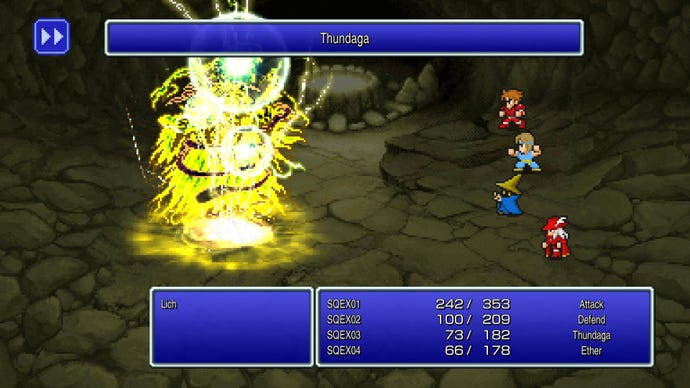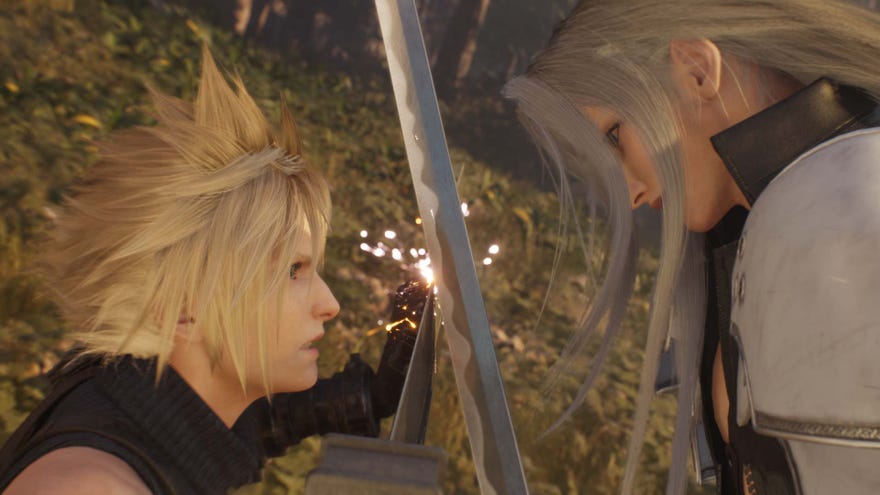Trying to emulate Hollywood movie soundtracks is holding video game music back, says Final Fantasy composer
And surprise, surprise, he doesn't think soulless AI can write a decent score, either
Developers happy to mimic the style of Hollywood blockbusters in their video game soundtracks are stopping video game music from advancing, one of the best to ever do it - Final Fantasy composer Nobuo Uematsu - has said.
Uematsu, who I probably don't need to tell you has written some of the most iconic pieces of all time in the likes of Final Fantasy VII’s One-Winged Angel, Final Fantasy VIII’s Liberi Fatali and Final Fantasy X’s To Zanarkand, told Japanese outlet NewsPicks (translated by Automaton) that the industry had become “satisfied with movie soundtrack-like music in games”, which risked reaching a point where “game music cannot develop further”.
The veteran composer reflected on how hardware limitations had inspired creativity in his early career, with the rudimentary memory limits of the NES and SNES - the latter of which was restricted to using eight sounds simultaneously - and even the loading time of CD-ROMs on the first PlayStation influencing his approach to composing tracks with compressed samples that wouldn’t result in longer loading times when, say, encountering a random battle.
By comparison, the expanded capabilities of the PlayStation 2 and onwards sparked an era “where we could pretty much do everything”, resulting in Uematsu’s experimentation with different genres from rock to jazz - as can be heard in FFX’s heavy metal standout Otherworld.
It’s this freedom and willingness to experiment that has led to music to stagnate, Uematsu implied, stressing that “people need to have more freedom when creating [video game music]” and try to produce something new.
“Game music will become more interesting if composers consider ‘What is something only I can do?’ and use their own knowledge and experience to be truly creative.”
Unsurprisingly, the composer doesn’t think that using AI to spaff out a load of soulless crap (as is the AI way) is the answer, either, as creating music that connects with players requires “reaching deep down inside yourself to find aspects unique to you and then expressing them”. He would know, after all, because he’s Nobuo-friggin’-Uematsu.

As an example of what great, original, human-made music can achieve, Uematsu pointed at the era of 8-bit games where “music played the role of oxygen”, delivering emotional weight and capturing the immersion and atmosphere of worlds such as that of the first Final Fantasy when visuals and voice acting were severely limited or impossible by the hardware.
Having scored the entirety of every Final Fantasy game from its 1987 debut - for which his now-iconic music was first rejected by series creator Hironobu Sakaguchi - through to Final Fantasy X, as well as continuing to contribute themes to the rest of the series since, Uematsu recently suggested he doesn’t have the ‘strength’ to score a whole video game again, instead focusing his efforts on other projects. His last full video game soundtrack was for Sakaguchi’s mobile-exclusive (for the time being) RPG Fantasian, though he recently wrote theme song No Promises to Keep for this year’s Final Fantasy 7 Rebirth.









